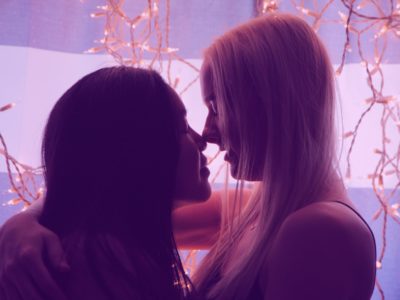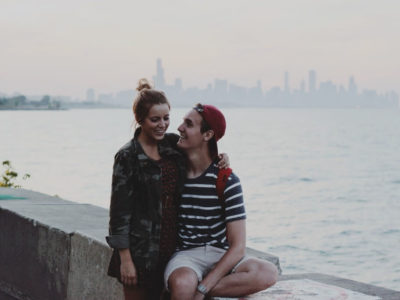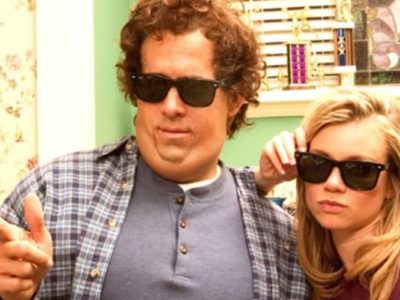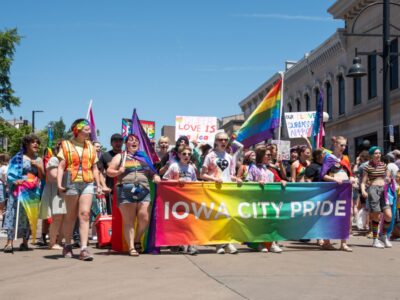Adults in Portland, Oregon love to blab about the liberalism of college. Since I grew up with this narrative, I started college expecting to swim into a sea of LGBTQ+ peers and leftist professors at the start of the next four years at the University of San Diego. After a bleak experience of homophobia in my Catholic high school, I don’t know why I thought a Catholic university would offer something different. I shouldn’t have been surprised when my roommate wrote lesbophobic death threats on my belongings, when students hissed “dyke” in my ear or when, just this year, Public Safety destroyed evidence of a hate crime against an LGBTQ+ student.
Whenever I tell people about these blatant instances of homophobia, surprise dominates their responses.
They contort their faces into confused frowns and gasp, “Oh my god! That happened? Really?”
People who have never confronted someone different from them cannot handle a plethora of identities colliding in a bubble.

Throw in the anxiety of an organized religion based on shame plus the minuscule presence of the LGBTQ+ community on campus and my mere existence caused chaos. My expectations of college died within two months of starting classes. My hopes of diving into animated debates about the flaws of society, meeting a community of queer women or falling in love were an idealistic dream of the past. I couldn’t think about holding hands with a girl on campus without hyperventilating.
My second year of college, I reluctantly returned to USD.
Unlike the previous year, my new job as a Resident Assistant gave me a voice on campus. And I was loud. I outed myself in every class, determined to be seen. I wanted to carve a space for people like me. By now, I’d left behind my hopes of gay love and pre-made community and instead found a new purpose through speaking up for my LGBTQ+ peers. You sometimes regret speaking, but you’ll always regret staying silent, I told myself. But, when my creative writing class read my anonymous poem, the workshop’s format mandated my silence. I listened as a circle of straight people said things like, “I feel like making it about lesbianism makes it super unrelatable,” and “Um, stoning doesn’t exist as a punishment for gay people anymore. Isn’t that a biblical thing?” My professor concurred.
I sank lower and lower into my seat until a soft but commanding voice interjected. She sat with delicate posture, like a ballerina, and her dark braided hair sparkled with flecks of reddish brown under the fluorescent lights. She defended my poem, and I instantly started planning our wedding in my head. I spent the next weeks daydreaming about sliding my hand into hers. I wasn’t hyperventilating anymore. My friends mocked my stereotypical lesbianism; I was smitten with a girl I’d never actually met.
A month later a classmate invited me to a Queer Womxn of USD meeting.
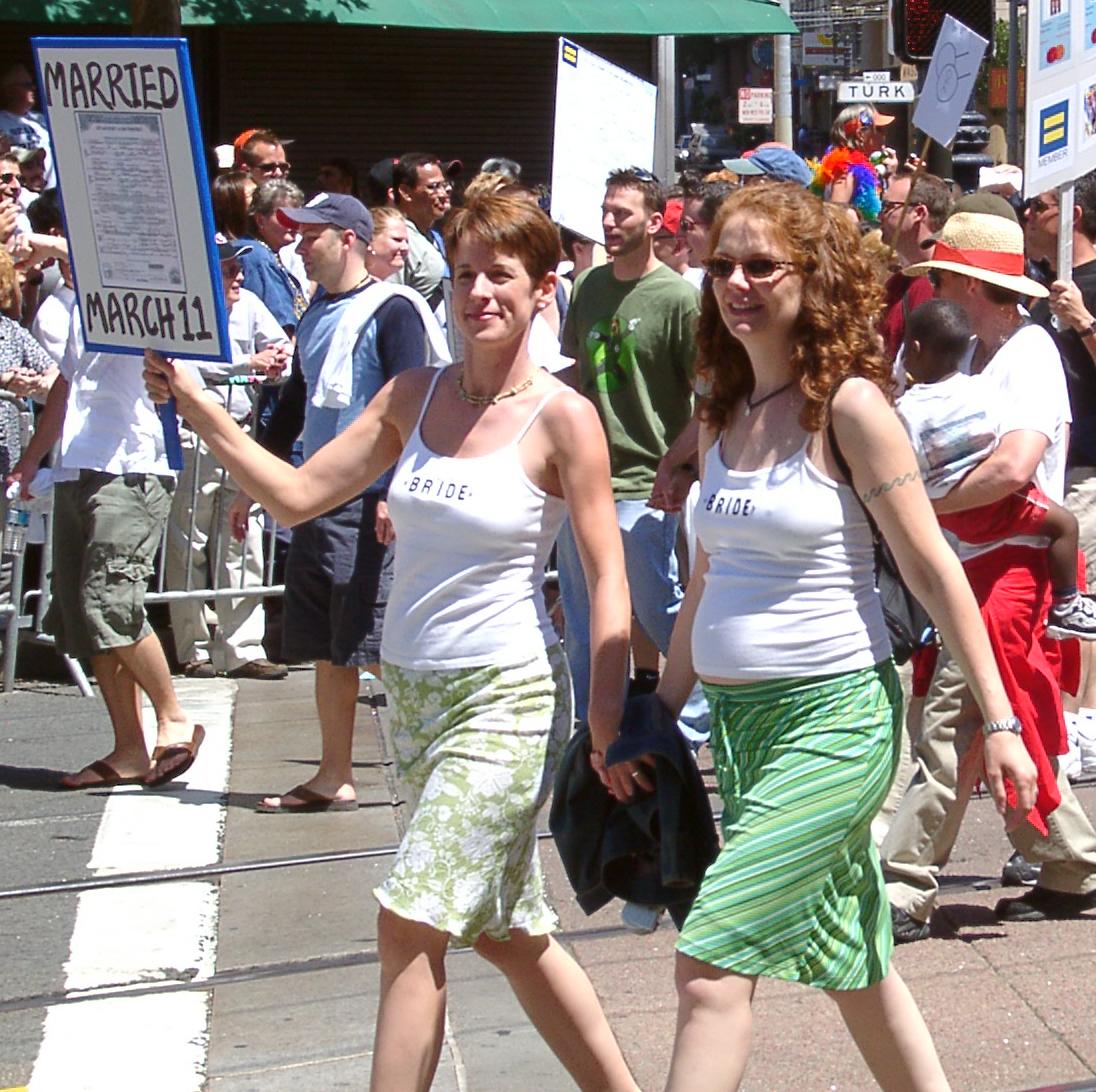
I internally prayed that my future wife would be there. When I walked into the colorful room tucked into the corner of campus, she was sitting cross-legged on an armchair. Her face lit up into the most beautifully genuine smile I’d ever seen, and she didn’t even flash her teeth. From the way her brown eyes softened and the corners of her eyes crinkled, I could see us years from now laughing and holding each other.
By the time the meeting ended, there were four people in the room including us, though I barely noticed the other two. At the beginning of the meeting I sat on a couch, but as we talked I migrated to the floor and spent the majority of the meeting at her feet. I was vividly aware of her every move. I asked for her number after the meeting. Her name was Ale, short for Alejandra.
On our first date, we joined a protest against a Nazi who invaded campus. Chanting beside Ale, and for the first time since I set foot on USD, I felt solidarity.
I felt community.
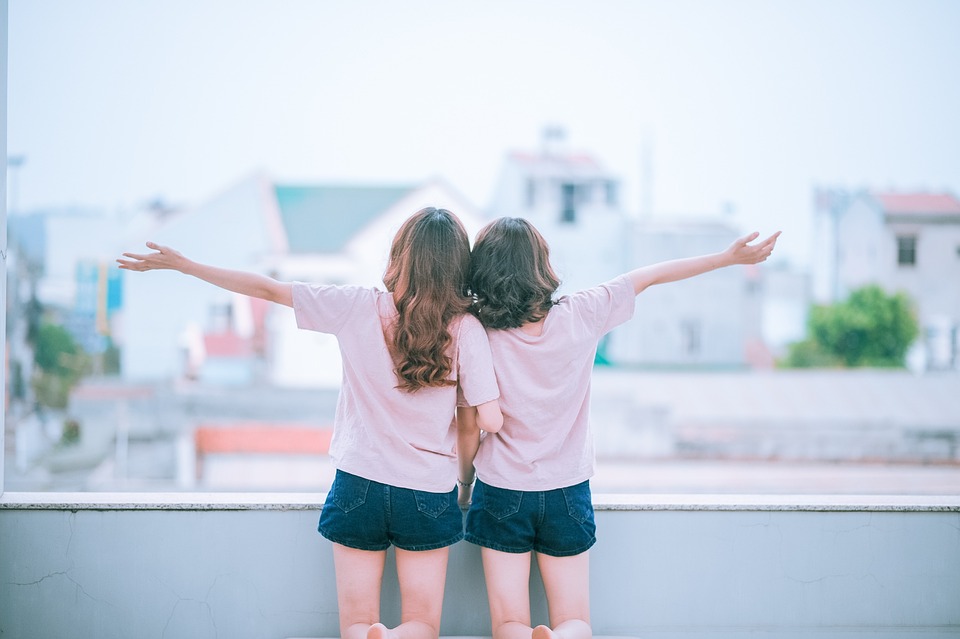
It’s been a year since Ale said yes to being my girlfriend. She had to drag the question out of me, since I was too cowardly to say it outright under the Christmas tree on main campus. Now, we hold hands everywhere we go, and she casually tilts her head toward me, hoping for a kiss. We don’t shy away from the stares of our peers. We are visible. We made the community we were looking for.

